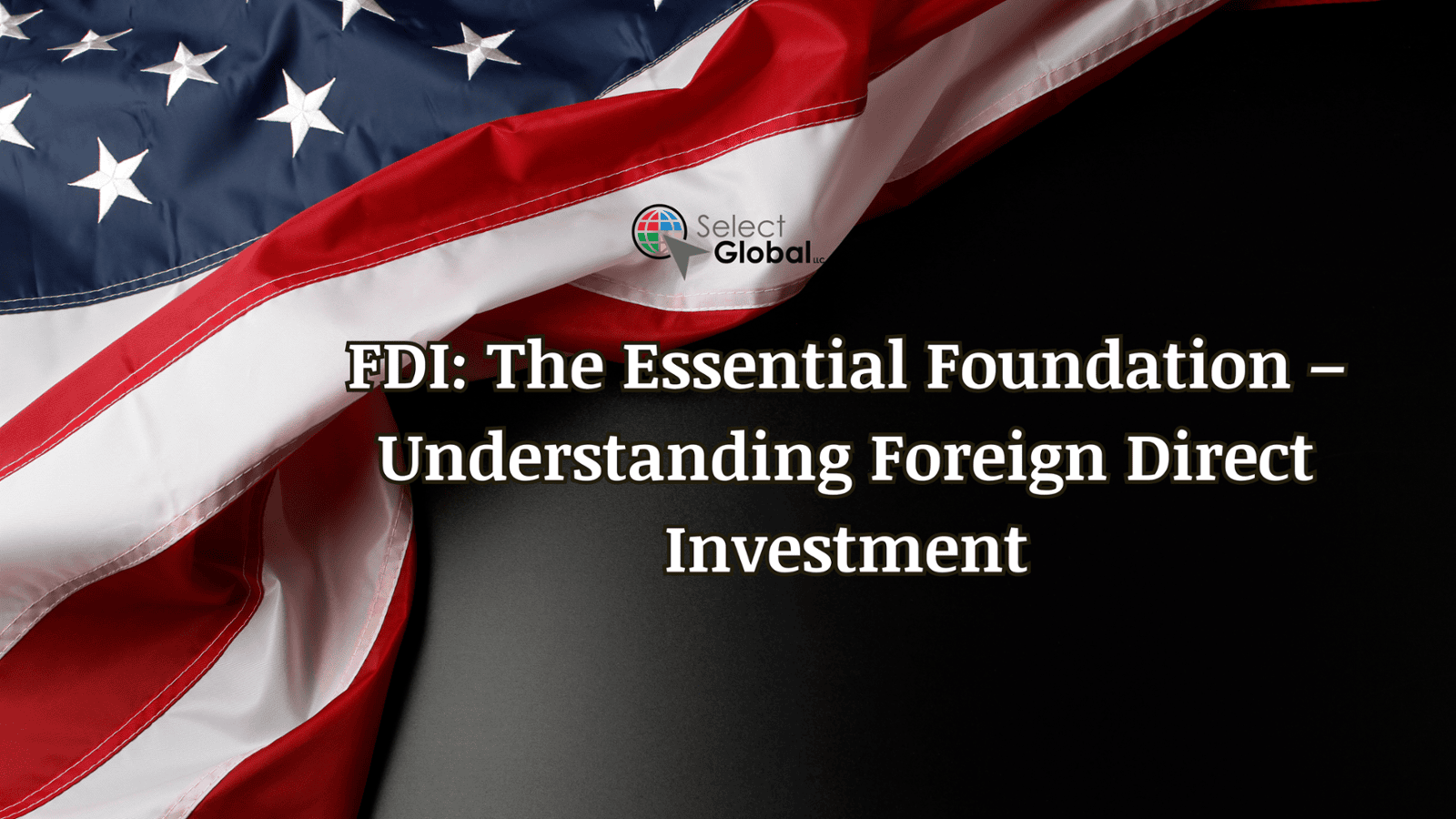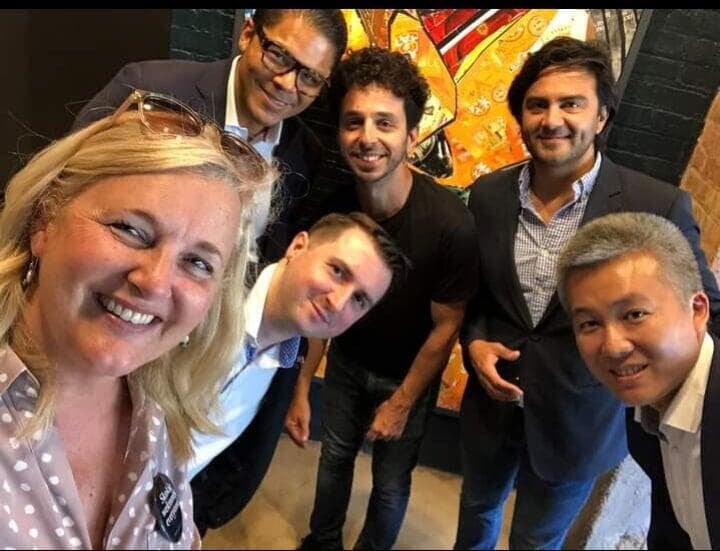
Foreign Direct Investment (FDI) plays a pivotal role in global economic growth, bridging nations and promoting international collaboration. For businesses, governments, and investors, grasping the concept of FDI is crucial for recognizing opportunities in an interconnected world. This blog aims to elucidate FDI through the common questions to help you understand its fundamental components, both locally and globally.
What Is FDI?
Foreign Direct Investment refers to the process by which an individual or company from one country invests in assets or businesses in another country. The objective is to establish lasting interests, typically through ownership or control over a foreign enterprise. Unlike other investment forms, such as portfolio investments, which involve purchasing shares or securities without significant influence, FDI entails a deeper commitment.
FDI primarily manifests in two forms:
Greenfield investments entail companies establishing new operations in foreign markets, providing control and long-term benefits, albeit with substantial capital requirements. Mergers and acquisitions (M\&A) serve as a more expedient alternative but carry greater risks. Government entities, such as sovereign wealth funds, participate in foreign direct investment (FDI) to secure vital resources and technology, as exemplified by China's $153 billion FDI in 2021. Furthermore, institutional investors and high-net-worth individuals are increasingly invested in FDI, with notable growth observed in India's technology and e-commerce sectors.
Who Participates in FDI?
Foreign Direct Investment (FDI) encompasses a diverse array of participants, including multinational corporations (MNCs), government entities, institutional investors, and private individuals. MNCs such as Apple and Toyota spearhead FDI initiatives to broaden their operations and access new markets. Government entities, including sovereign wealth funds from countries like China and the UAE, invest strategically to secure resources and diversify their economies. Although less prevalent, institutional investors and high-net-worth individuals also participate in FDI through acquisitions and collaborative ventures.
When Does FDI Occur?
Foreign Direct Investment (FDI) occurs when investors pursue growth and profit under favorable conditions, shaped by factors such as economic growth, political stability, and incentives offered by host countries. For instance, the rapidly expanding economies of Southeast Asia in the 1990s attracted considerable foreign investment, while stable political environments, particularly within the European Union, further appeal to investors. Moreover, numerous governments provide tax incentives and subsidies to promote FDI, particularly in developing nations seeking to enhance industry and generate employment opportunities.
Where Does FDI Occur?
Foreign Direct Investment (FDI) entails establishing enduring interests in foreign enterprises and may manifest as Greenfield investments or mergers and acquisitions. Key stakeholders include multinational corporations, government entities, institutional investors, and high-net-worth individuals, all pursuing growth and resource acquisition. FDI typically occurs under favorable conditions, such as economic growth and political stability. Developed nations like the U.S. and the U.K. attract investments due to their advanced markets, while developing countries benefit from lower labor costs and abundant natural resources. Additionally, emerging markets like Brazil and India are increasingly gaining attention thanks to their expanding consumer bases.
Why Is FDI Important?
Foreign Direct Investment (FDI) plays a crucial role in the global economy, benefiting both investors and host countries. It stimulates economic growth by providing essential capital for infrastructure development and job creation, with FDI contributing to approximately 1.2 million new jobs worldwide in 2022. Investors enjoy market diversification and reduced risks through access to new markets, while FDI promotes technology transfer and innovation, exemplified by Germany’s automotive investments in China. Furthermore, FDI bolsters the balance of payments for host nations and strengthens the political and economic relationships between countries.
Conclusion:
Foreign Direct Investment (FDI) plays a pivotal role in today's global economy, fostering growth, innovation, and collaboration among nations. It facilitates the exchange of capital, technology, and expertise, which is indispensable for both local and international investment strategies. As global markets evolve, FDI continues to be a significant driver of sustainable economic development and business opportunities. A comprehensive understanding of FDI is essential for effectively navigating the complexities of the global economy.
===
To learn more, the following references are worth the read:
Latest FDI Data: In 2023, global FDI flows fell by 2% to $1.3 trillion, yet the United States remains the top destination for FDI, particularly in clean energy investments. This trend reflects the evolving focus of FDI on sustainable sectors in response to environmental issues and technological progress.(Kearney) (The Stock Watcher).
Greenfield Investments vs. M&A: Greenfield investments, a key form of foreign direct investment (FDI), involve companies starting new operations in foreign markets and are favored for long-term control. However, mergers and acquisitions (M\&A) offer quicker entry but carry higher risks. In 2023, greenfield investments remained a preferred strategy for firms aiming for market entry. (fDi Insights).
Regional Trends: The U.S. continues to be a key hub for foreign direct investment (FDI) due to favorable market conditions, particularly in technology and clean energy. In contrast, Morocco has experienced a decline in FDI linked to economic instability, highlighting the need for political and economic stability to attract investments. (The Stock Watcher).
FDI's Role in Job Creation: FDI is a key driver of job creation, adding about 1.2 million jobs worldwide in 2022, while promoting technology transfer and innovation, especially in the automotive and e-commerce sectors.(Kearney) (fDi Insights).





